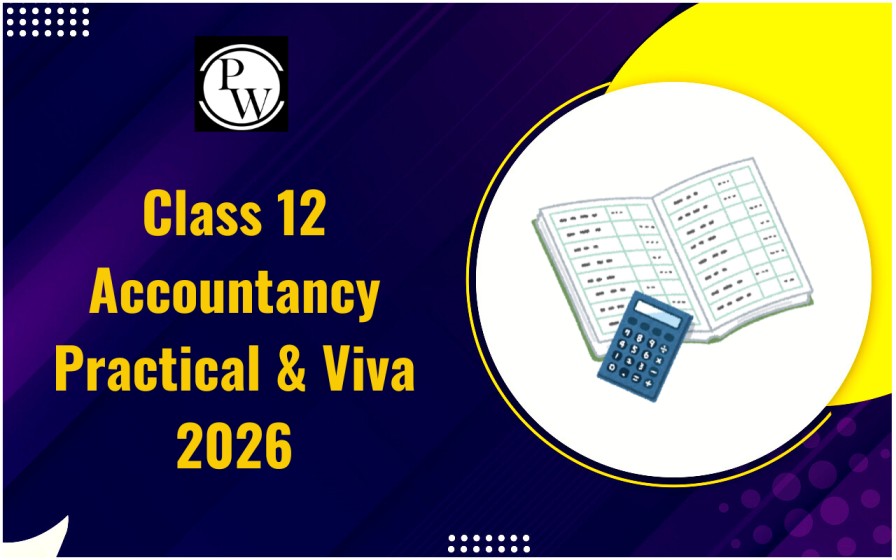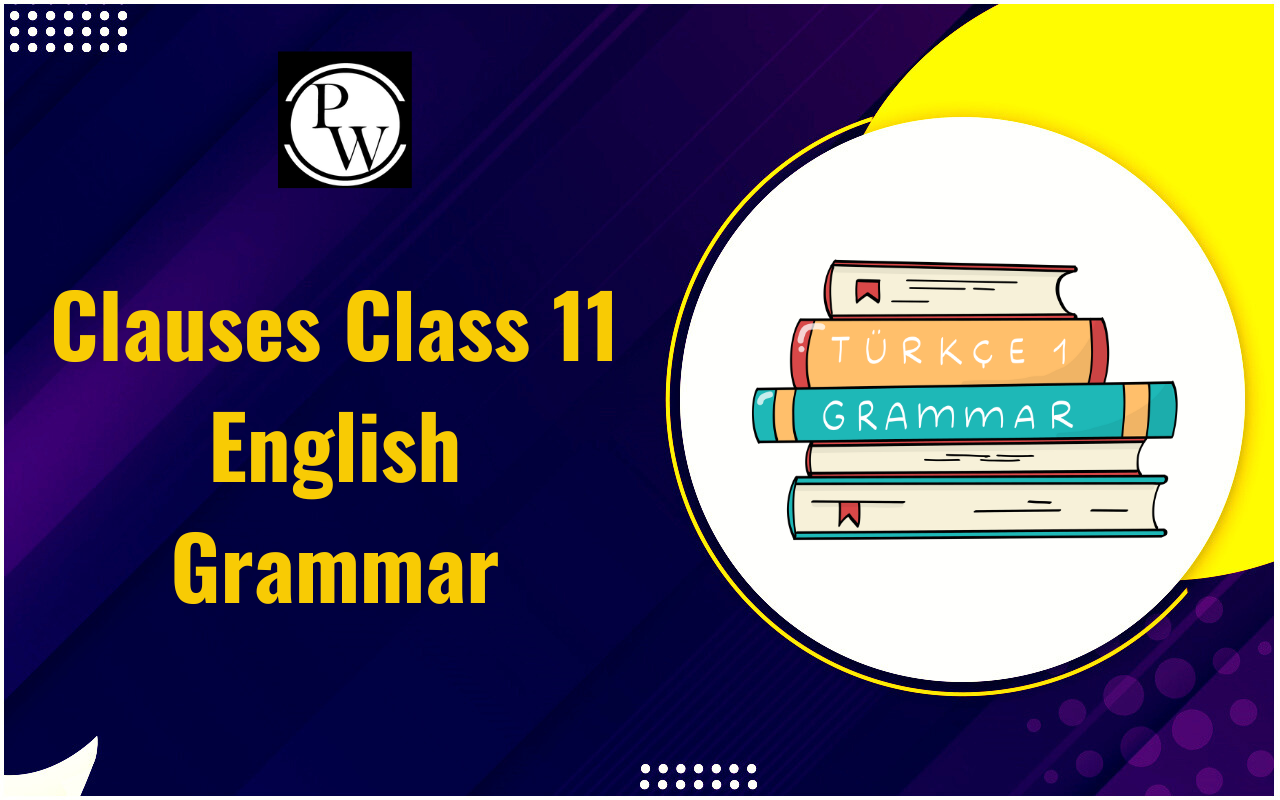
A partnership is a widely adopted business structure where two or more individuals come together to conduct business to earn profits. Each partner contributes to the business differently, whether through capital, skills, or management efforts. Understanding the types of partners in partnership is crucial for ensuring clarity in responsibilities, liabilities, and profit-sharing arrangements.
What are Partners in Partnership?
Partners in a partnership are individuals or entities that come together to operate a business for mutual benefit. Each partner plays a distinct role based on their level of involvement, liability, and contribution. These roles determine their rights, responsibilities, and share of profits or losses within the partnership.
Types of Partners in Partnership
Partnerships rely on mutual trust and shared responsibilities among partners. Different types of partners have varying levels of involvement, risk, and authority in the business, which helps define their role in decision-making and overall operations. Below we’ve mentioned some types of partners in partnership.
Also Check: CBSE Class 12 Accountancy Exam Important Update
1. Active Partner
An active partner is an individual who takes an active role in managing the business. They contribute not only capital but also time and expertise. Since they are involved in daily operations, they have unlimited liability and are responsible for decision-making and executing business strategies.
2. Sleeping or Dormant Partner
A sleeping partner (also known as a dormant partner) is someone who invests capital in the partnership but does not participate in the daily business activities. They share profits and bear liabilities but do not interfere in management decisions. Their liability is usually unlimited, just like an active partner.
3. Nominal Partner
A nominal partner is an individual who does not contribute capital or participate in business activities but allows their name to be used for the goodwill of the firm. They do not share in profits but may be held liable for the firm’s debts based on their association.
4. Partner in Profits Only
A partner in profits only is one who agrees to share only the profits of the business and does not bear losses. Such partners typically invest capital and do not participate in the day-to-day management. Their liability is often limited to the extent of their agreed contribution.
5. Secret Partner
A secret partner is one who participates in the business but remains undisclosed to outsiders. Unlike a sleeping partner, they take an active role in management, but their association with the firm is kept confidential. They share profits and have liabilities like any other partner.
6. Limited Partner
A limited partner is one whose liability is restricted to the amount of capital they have invested. They do not participate in management activities and are protected from business debts beyond their contribution. This type of partnership is common in limited liability partnerships (LLPs).
7. General Partner
A general partner is one who has unlimited liability in the business. They actively manage the firm and are personally responsible for debts and losses. In most types of partners in partnership, general partners play a crucial role in decision-making.
8. Minor Partner
A minor partner is one who is admitted to the partnership with the consent of all existing partners. Since minors cannot legally enter into contracts, their liability is limited to their share of capital. They have the right to share profits but are not held responsible for losses.
9. Quasi Partner
A quasi partner is a former partner who has retired but left their capital invested in the business. Instead of withdrawing their share, they continue receiving a share of the profits as if they were still a partner. They do not participate in management but act as financial contributors.
10. Partner by Holding Out
A partner by holding out is someone who, by their words or actions, represents themselves as a partner in the firm, even if they are not officially a part of it. If third parties conduct business based on this assumption, the person can be held liable for the firm's obligations.
Importance of Understanding the Types of Partners in Partnership
It helps in defining roles and responsibilities within a partnership.
Clarifies profit and loss sharing agreements among partners.
Determines the extent of liability each partner holds.
Aids in selecting the right partnership structure based on business needs.
A partnership can include different types of partners, each with specific roles, responsibilities, and liabilities. Whether an individual is an active partner, sleeping partner, limited partner, or nominal partner, their involvement affects the functioning and success of the business. Understanding the types of partners in partnership helps in choosing the right partners and ensuring smooth business operations.
By knowing the different types of partners in partnership, businesses can structure their agreements efficiently, ensuring fairness and long-term sustainability. If you are considering entering a partnership, carefully evaluating the types of partners in partnership will help you make informed decisions and avoid potential conflicts in the future.
Join PW Commerce Online Course and unlock your potential with quality education and dedicated learning support.
Types of Partners FAQ
What is the role of an active partner in a partnership?
How is a limited partner different from a general partner?
Can a minor become a partner in a partnership?
What is the significance of a nominal partner in a partnership?










